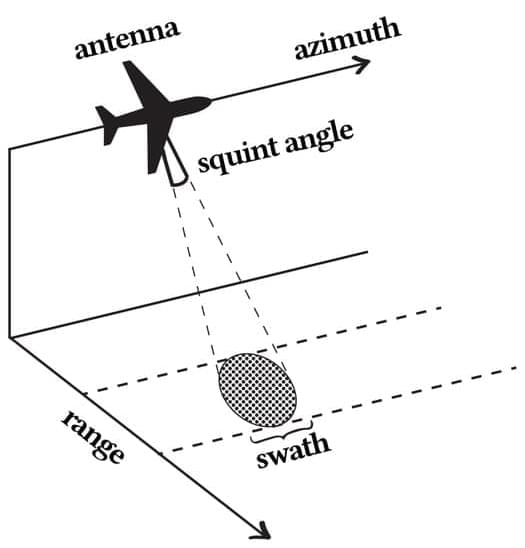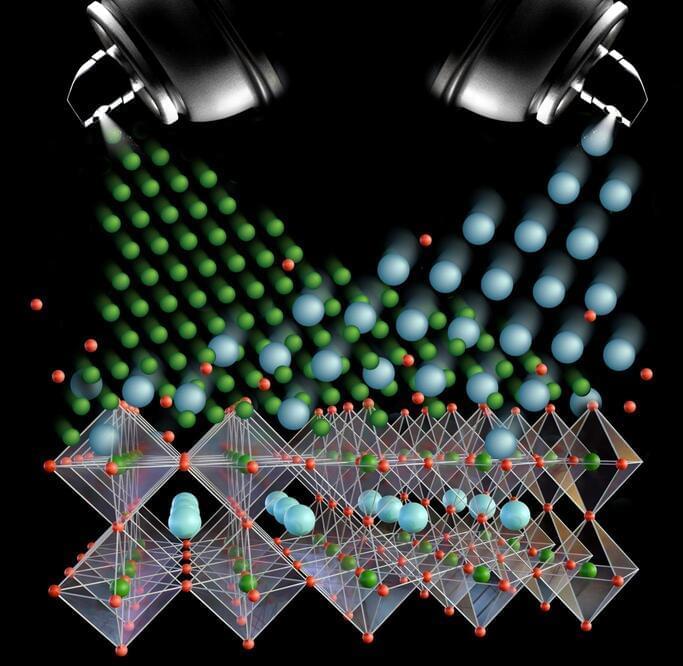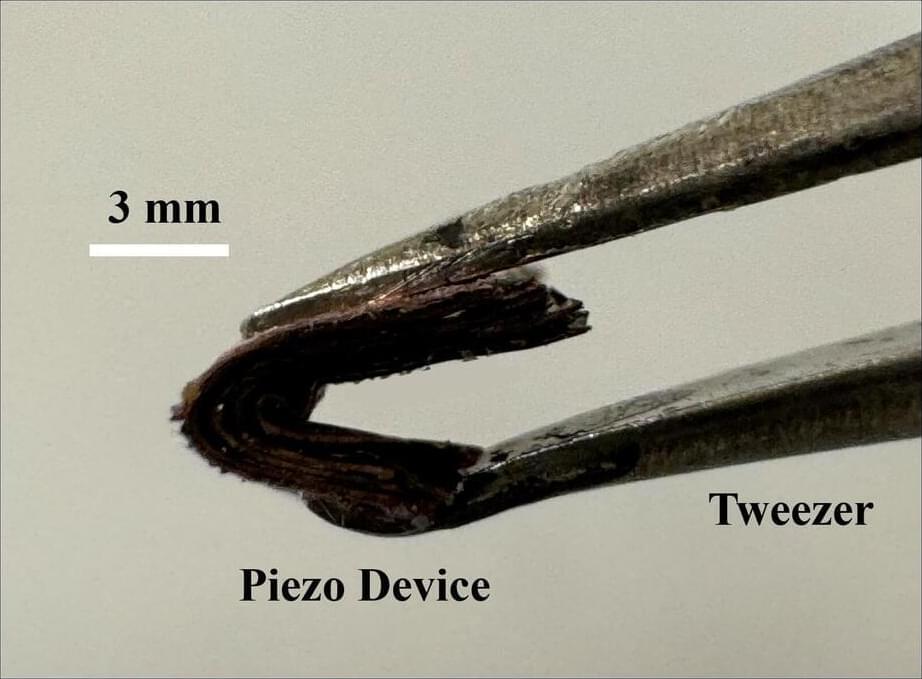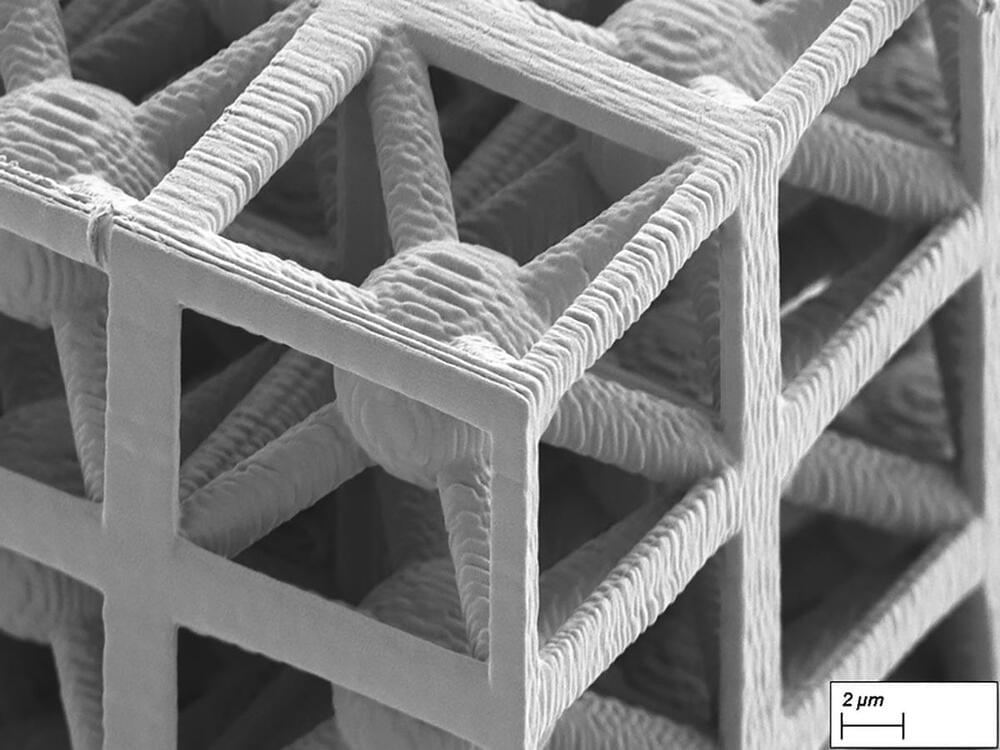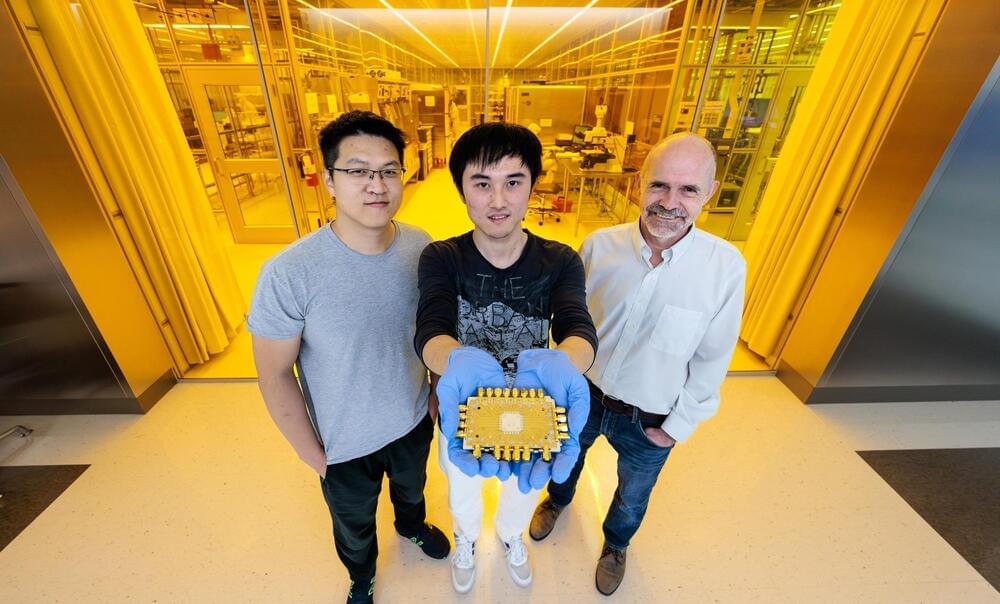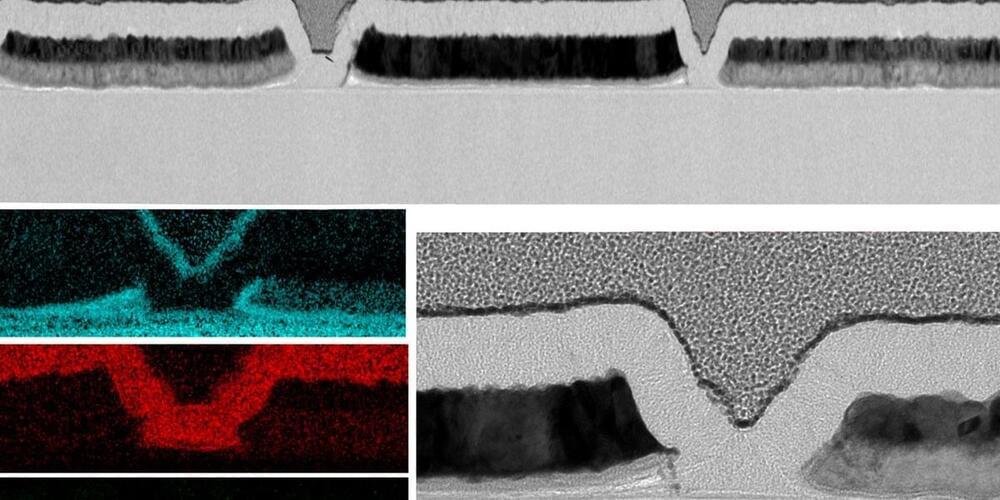In the future we can envision FASQ* machines, Fault-Tolerant Application-Scale Quantum computers that can run a wide variety of useful applications, but that is still a rather distant goal. What term captures the path along the road from NISQ to FASQ? Various terms retaining the ISQ format of NISQ have been proposed[here, here, here], but I would prefer to leave ISQ behind as we move forward, so I’ll speak instead of a megaquop or gigaquop machine and so on meaning one capable of executing a million or a billion quantum operations, but with the understanding that mega means not precisely a million but somewhere in the vicinity of a million.
Naively, a megaquop machine would have an error rate per logical gate of order 10^{-6}, which we don’t expect to achieve anytime soon without using error correction and fault-tolerant operation. Or maybe the logical error rate could be somewhat larger, as we expect to be able to boost the simulable circuit volume using various error mitigation techniques in the megaquop era just as we do in the NISQ era. Importantly, the megaquop machine would be capable of achieving some tasks beyond the reach of classical, NISQ, or analog quantum devices, for example by executing circuits with of order 100 logical qubits and circuit depth of order 10,000.
- John Preskill.
[#excerpt](https://www.facebook.com/hashtag/excerpt?__eep__=6&__cft__[0]=AZXa9ueYXttmfVEwzQ4GVekAZVQop7Zhgkor5jA_vB_hwHN4tj73lg-rThDgKBiPSpLhF7zjAlitfcoy74S8m0I2_VTeMl5LfR2Iy9fAsd5Y9hsrZvFvD0zaYNMgiSqjej22oVy1MJZdG12EXGSwzpMBCIeIJ52AotdeXkKOIklHyEUqwFUxAFf8GQfiarLm4odTgsHClmDYc7kUFL3A6AZ-&__tn__=*NK-R) transcript of his talk at the [#Q2B](https://www.facebook.com/hashtag/q2b?__eep__=6&__cft__[0]=AZXa9ueYXttmfVEwzQ4GVekAZVQop7Zhgkor5jA_vB_hwHN4tj73lg-rThDgKBiPSpLhF7zjAlitfcoy74S8m0I2_VTeMl5LfR2Iy9fAsd5Y9hsrZvFvD0zaYNMgiSqjej22oVy1MJZdG12EXGSwzpMBCIeIJ52AotdeXkKOIklHyEUqwFUxAFf8GQfiarLm4odTgsHClmDYc7kUFL3A6AZ-&__tn__=*NK-R) Conference.
Explore #excerpt at Facebook.
